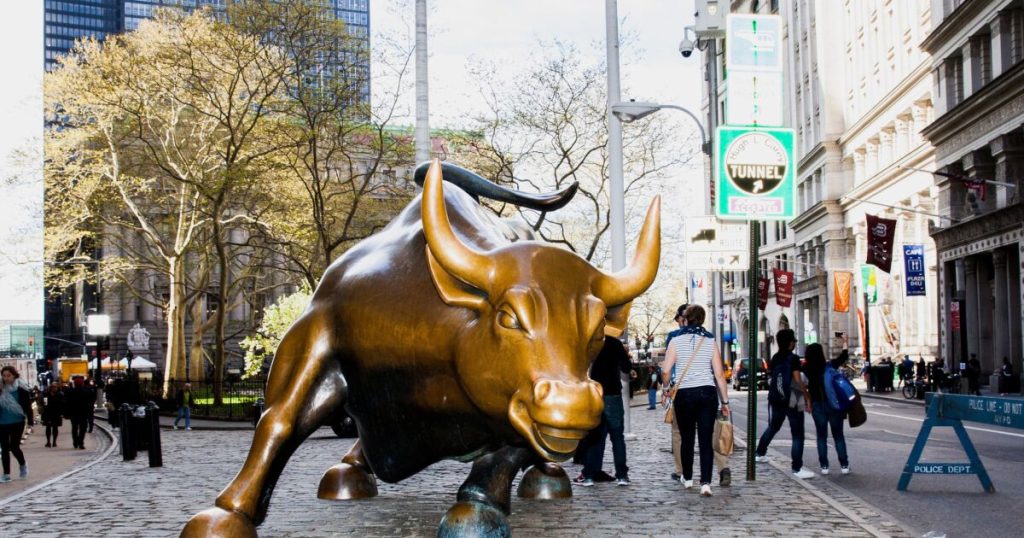Business economists are nervous about inflation and split on the trajectory of fiscal policy, but largely confident that the economy will dip into recession in 2025, according to a policy survey conducted by the National Association for Business Economics.
The March 2025 Economic Policy Survey conducted by NABE — an academic and professional economics association — surveyed 151 of the organization’s members on a number of policies relevant to the U.S. economy.
Respondents expressed growing concern over inflation’s trajectory, with 45% of respondents saying they thought the Federal Reserve will not reach its 2% inflation target until 2027 or later. That’s a sharp increase from 9% who said the same in NABE’s August 2024 survey, according to NABE Policy Survey Chair Sarah Wolfe, a senior economist and strategist of thematic and macro investing at Morgan Stanley.
“Most respondents do not think we will reach the 2% inflation target until 2027 or beyond,” she said. “As a result, the Federal Reserve’s policy moves will remain restrictive for some time.”
This extended timeline suggests that restrictive monetary policies will persist, borrowing costs will stay elevated — one factor that can contribute to slower economic growth and consumer spending. High interest rates can spur a recession in some circumstances, but few respondents reported concern that a recession was coming in the near term.
Federal Reserve Chair Jerome Powell, in his testimony before the Senate Banking Committee earlier in February,
Powell said that if the economy stays strong and inflation does not decrease to the 2% target, the Fed may maintain its current policy. Conversely, if the labor market weakens or inflation falls faster than expected, the Fed could ease its stance. Powell also highlighted the risks of adjusting policy too quickly or too slowly.
Around 74% of respondents believe the president should have no role in monetary policy, though 26% support some coordination with fiscal policy. President Trump has expressed a desire to have more of a say on monetary policy and has moved to
Respondents to the March survey expressed optimism despite the economic uncertainty, with only 2% of respondents anticipating a recession in the first half of 2025, a sharp decline from the 14% who held such a view in August.
The Trump administration’s planned policies on trade and immigration were expected to have profound effects on the economy. Nearly three-quarters — 72% — of respondents thought it was highly likely restrictive immigration policies will shrink the labor force.
Sixty percent of respondents believe tariffs will hurt economic performance over the next year, while 46% expect a moderate growth slowdown if heightened trade tensions materialize.
Experts have been concerned that Trump’s proposed tariffs on imports could drive up prices, exacerbating the inflationary pressure the Fed is already grappling with. Uncertainty makes it harder for banks to plan because higher rates could reduce loan demand while also making deposits more expensive, cutting into their profits.
Bank executives have indicated that they might be willing to absorb the costs of President Donald Trump’s tariffs, as long as they receive regulatory relief in return. At an industry conference in February, Bank of America’s Brian Moynihan

